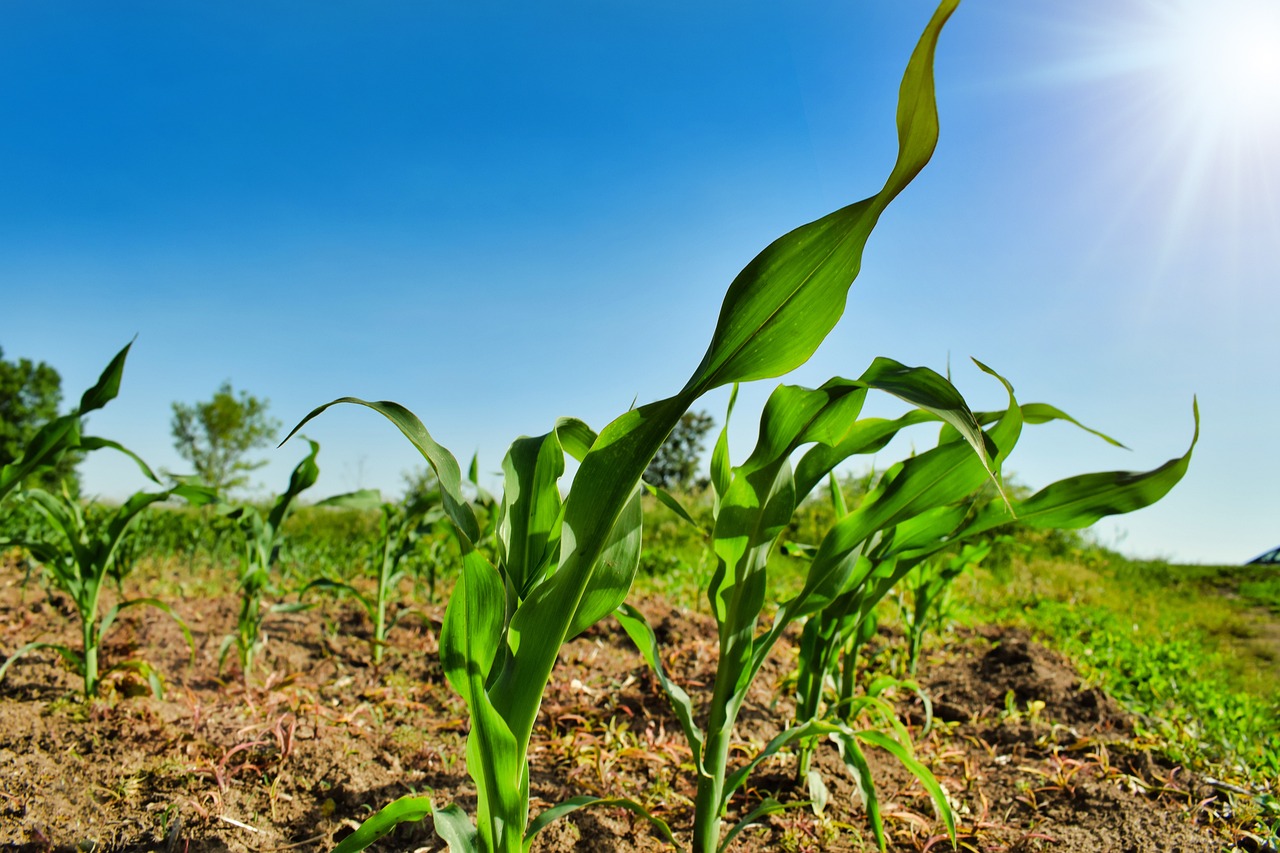Agriculture Degrees: Programs, Careers, and Outcomes
Agriculture degrees cover scientific, technical, and business aspects of producing food, fiber, and other plant- or animal-based products. Programs range from certificates and associate degrees to bachelor’s, master’s, and doctoral study, and they mix classroom learning with hands-on labs, fieldwork, and internships. Students study topics such as crops, soil, animal systems, farm management, and agri-business fundamentals to prepare for careers in farming, research, extension, and agribusiness.

Agriculture: What do degree programs include?
Degree programs in agriculture emphasize a mix of biology, chemistry, economics, and practical skills. Core coursework often includes plant science, soil science, animal science, agronomy, and sustainable production practices. Many programs add modules on data analysis, machinery operation, policy, and environmental stewardship. Field laboratories, greenhouses, or farm practicums help students apply theory to working systems. Graduates gain technical knowledge plus problem-solving skills useful in research, extension services, and farm or supply-chain management.
Farming: How do degrees prepare for farm work?
Programs that focus on farming combine crop and livestock management with experiential learning on experimental farms or through internships. Students learn crop rotations, integrated pest management, animal husbandry, equipment use, and safety practices. Contemporary curricula increasingly cover precision farming technologies—GPS-guided equipment, drones, and sensor networks—to boost productivity and resource efficiency. Practical courses and cooperative education placements provide direct exposure to day-to-day farm operations and the business decisions needed to run or advise commercial farms.
Education: Which pathways and specializations exist?
Agriculture education offers multiple entry points and specializations to match career goals. Certificates and associate degrees prepare technicians and field workers; bachelor’s degrees are typical for agronomists, extension agents, and agribusiness roles. Graduate programs support research and leadership positions in academia, industry, or government. Specializations include plant science, animal science, soil science, agricultural engineering, agribusiness, food science, and sustainable agriculture. Many programs also include coursework in policy, marketing, and educational methods for those interested in extension and outreach roles.
Crops: What training covers crop production?
Training focused on crops covers plant physiology, genetics, pest and disease management, and soil-plant relationships. Students learn how to select varieties, plan rotations, and use integrated pest management and nutrient strategies suited to local climates and markets. Laboratory and field experiments teach yield analysis and agronomic trials. Emerging topics include biotechnology applications, climate-resilient cropping systems, and post-harvest handling to reduce losses. Understanding market demands and supply-chain considerations is often part of crop-focused curricula.
Soil: How do programs teach soil science and management?
Soil science is a fundamental component of many agriculture degrees, combining chemistry, biology, and geology to understand soil properties and fertility. Courses teach soil classification, nutrient cycling, erosion control, and techniques to measure and improve soil health. Practical training often includes soil sampling, laboratory analysis, and designing soil conservation strategies. Increasing attention is given to regenerative practices, carbon sequestration, and water management—skills that help graduates design systems that maintain productivity while protecting natural resources.
Conclusion
Agriculture degrees provide a structured pathway to careers that connect science, technology, and business with the practical realities of producing food and managing natural resources. Whether aimed at hands-on farming, research, extension, or agribusiness roles, these programs combine classroom theory with field experience in areas such as crops, soil, and farm systems. For prospective students, choosing a program involves matching specialization, experiential opportunities, and career goals to the level of credential desired.




